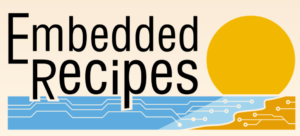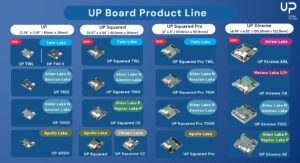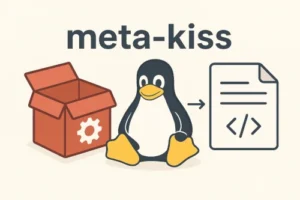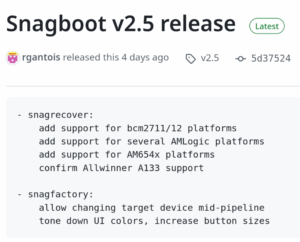 The Embedded Recipes conference is coming back to Nice for the second year, and it will take place on May 27 and 28!
The Embedded Recipes conference is coming back to Nice for the second year, and it will take place on May 27 and 28!
This community-driven event, with a unique format of a single track conference, really stands out compared to other events. To support this great initiative and for the second year in a row, Bootlin has decided to be first Chef Sponsor of the event.
A significant part of the Bootlin team will make the trip to Nice for this conference, as 19 engineers from our team will be attending. The registration is now open, and we recommend that you book your ticket early, as the number of seats is limited.
Even though the schedule for the conference has not been published yet, Bootlin CEO Thomas Petazzoni is part of the program committee for the event, and considering the high-quality submissions that were made through the Call For Papers, there is absolutely no doubt that the line-up of talks will be excellent.
In addition to the Embedded Recipes conference itself, a large number of co-located events are organized around this main event, forming the so-called Embedded Week. Already announced as co-located events:
- Buildroot Hackathon, May 29-31
- Linux Media Summit, May 26
- Pipewire Hackfest, May 29-30
- Bluez Face-To-Face, May 30-31
- Yocto Project Developer Day, May 29
- Display Next Hackfest, May 29-31
Essentially, if you’re an embedded Linux person, and you’re not in Nice on the week of May 26-31, you’re missing out on very good content, discussions and meetings! Book your seat and trip now, and join us at Embedded Recipes!

 Back in December 2025, we
Back in December 2025, we  Linux 6.19 was
Linux 6.19 was 


